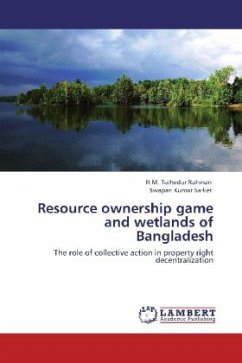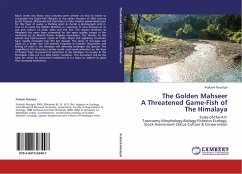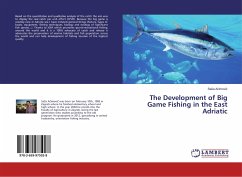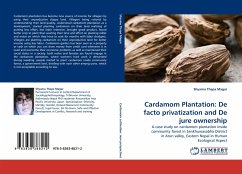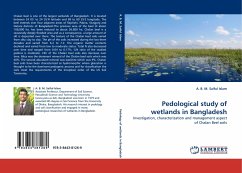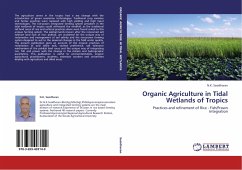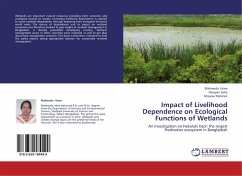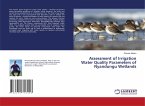Property right decentralization has an utmost importance in community based natural resource management. In many developing countries, public participation in natural resource governance is hindered by the poor property right decentralization policy. Moreover, the natural resource dependent rural communities cannot take collective action to achieve the decentralized property right due to the lacking of their capital assets. The opportunists utilize these national policy and social shortcomings for their own betterment. Consequently, the objective of community development through sustainable use of natural resources always remains unachieved. In this book, the authors concentrated on these issues to reveal the wetland property right decentralization mechanism and collective action of fishermen communities of north-eastern part of Bangladesh. They concluded that the existing property right decentralization mechanism is not supportive to include the real resource dependent people inthe resource ownership regime.

